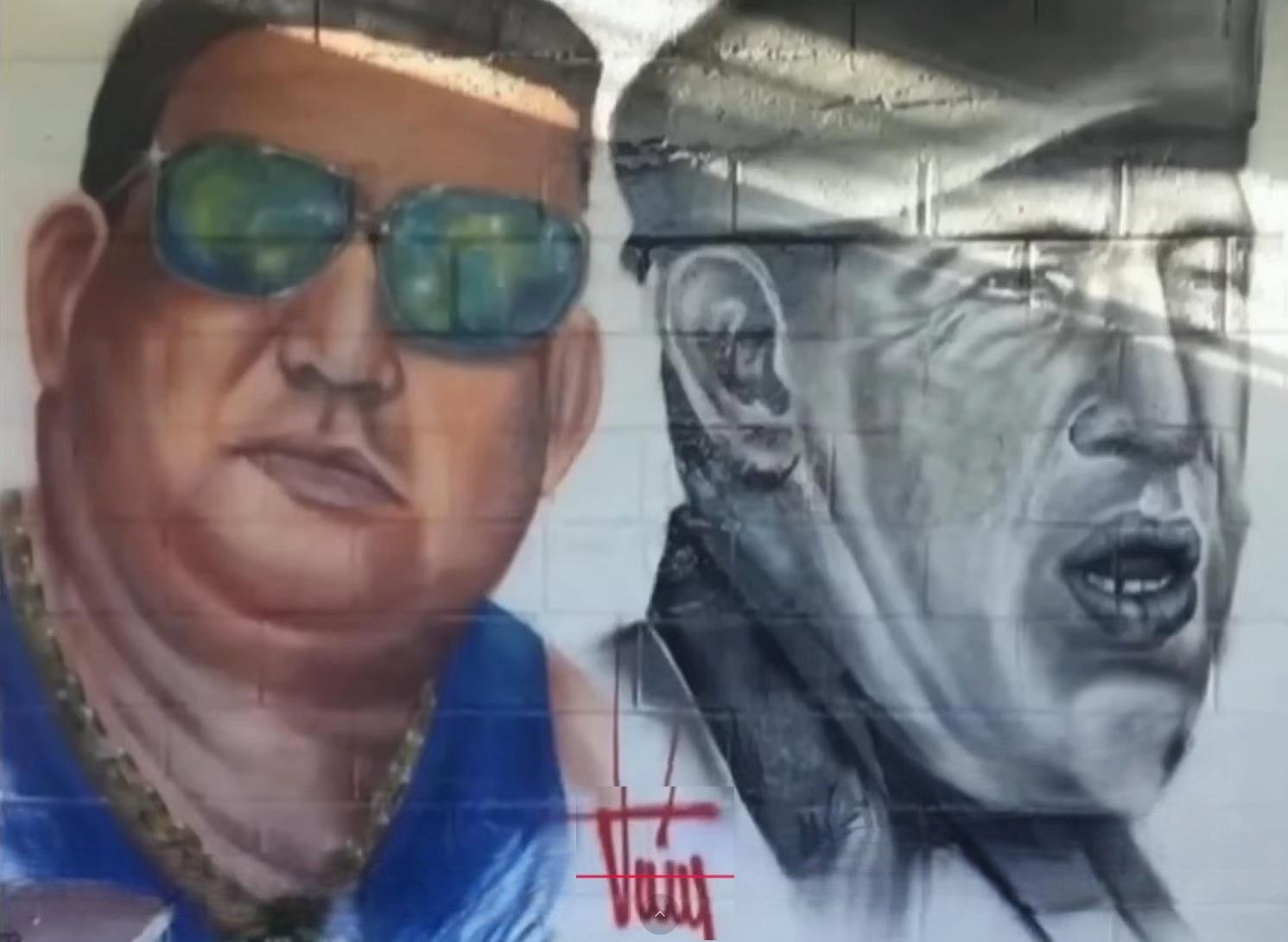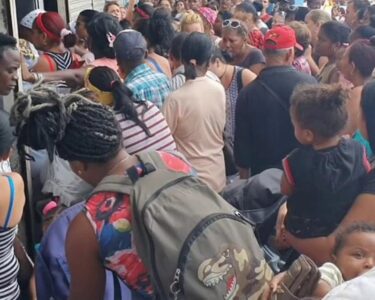The contemporary legal map, far from sheltering the perpetrator, imposes active obligations of protection within and beyond borders. This is not ideology; it is civilization.
Sovereignty was born to guarantee the political freedom of peoples, not to consecrate the impunity of those who subjugate them. To convert it into a alibi for criminals in power not only betrays its historical origin; it subverts the very meaning of the rule of law. In our time—when terrorist and narcotics networks are embedded in state apparatuses or operate under their tolerance—the defense of human rights demands a practical rethinking: where grave crimes and narco-terrorism converge, sovereignty ceases to be a rampart and becomes a duty; salus populi suprema lex.
The contemporary legal map, far from sheltering the perpetrator, imposes active obligations of protection within and beyond borders. This is not ideology; it is civilization.
The Venezuelan case lays this reality bare. There the formal architecture of the State has been hollowed out and raised anew as a framework for social control, organized persecution, and a criminalized economy. Politics has been replaced by coercion; justice by its simulacrum; citizenship by clienteles held under blackmail. The administration of pain—carceral, police, economic—ceased to be a deviation and became a method. Some would call this a “political process” or “national sovereignty.” It is neither. It is the capture of a country by a network whose paramount interest is not the commonwealth but its own survival and the expansion of illicit enterprises with cross-border reach.
The ritual appeal to non-intervention has served to armor this machinery against independent scrutiny, to expel inconvenient observers, and to smear victims as “internal enemies.” Yet sovereignty, understood rigorously, does not authorize a government to deny the human character of its governed, nor to convert the territory into a sanctuary for crime. Sovereignty is, above all, responsibility: to protect the population, guarantee freedoms, safeguard the integrity of the political process, and prevent the public apparatus from merging with organized crime. Wherever the State fails—through incapacity or by design—the international community has not only a legitimate interest but a duty: to prevent raison d’État from becoming an excuse for barbarism.
That duty is no license for adventurism, but a discipline of legality. It implies clear priorities.
- First: protect persons, beginning with those who document the harm—victims, journalists, defenders. Without the preservation of their testimony, no justice is possible.
- Second: tighten the circuits of crime through financial intelligence, effective judicial cooperation, asset recovery, arrest warrants, extraditions, and trials with full guarantees.
- Third: deny diplomatic respectability to the executioners and their front men, whatever ideological garb they don.
- Fourth: sustain with tenacity the work of jurisdictions that, at home or abroad, are in a position to hear the facts, to avoid impunity by duplication, and to break the inertia of endless case files. In this, patience is a virtue; indefinite delay is complicity.
The operational front does not end in the courts. It is also waged at sea, on rivers, in the air, and in the jungle. When fast boats laden with drugs, weapons, or drones ignore lawful orders, ram interdiction units, or seek refuge in border waters to escape, a democratic State cannot look away. Intercepting, disabling, and bringing such threats under control is a primary obligation of policing and defense.
The rule is always the same: necessity, proportionality, and precaution. First the unmistakable signal; then the maneuvers to compel a halt; only as a last resort the force that neutralizes the danger; always the record, the chain of command, aid to the wounded, and the investigation of any lethality. Efficacy without legality is violence; legality without efficacy is abandonment of duty. Human life—of innocents, of officers, and even of the offender—remains the center of gravity of any legitimate decision.
Those who invoke sovereignty to deny this responsibility confuse immunity with impunity. The international community, for its part, betrays its reason for being when it turns neutrality into a pretext for paralysis, or diplomatic prudence into administrative silence in the face of the intolerable. It is not “interventionism” to demand that a State not torture; it is not “meddling” to demand the release of prisoners of conscience; it is not “hostility” to coordinate in order to prevent organized crime from using national territory as a safe corridor. On the contrary: it is the minimum condition for the sovereign principle not to rot on the lips of those who pronounce it.
In Venezuela the rhetoric is spent: promises of opening that never arrive, commissions that never visit, reports that are shelved, dialogues designed to delay, “administered” elections that substitute intimidation or rigging for the vote. In parallel, the criminal economy takes root in mining zones, border corridors, and ports, with the acquiescence of those who ought to dismantle it. To maintain that all this belongs to the State’s reserved domain is a juridical obscenity. To proclaim that “dialogue” alone will resolve it—without altering the balance of forces or putting a real price on violence—is a self-serving fantasy. The time for euphemisms is over.
Let no one be deceived: there is no contradiction between sovereignty and human rights. There is, rather, a moral and legal sequence. First, human dignity; then, the political organization that protects it. If a government sets itself against that dignity, sovereignty returns to its original holder: the nation of citizens, in whose name the international community must demand, cooperate, and, when necessary, act within the legality we share.
Such is the difficult balance of our century: to avoid the arbitrariness of the strong without yielding to the cruelty of the unpunished; to prevent crime from clothing itself in a flag; to recall that pacta sunt servanda binds those who invoke treaties only to expel observers and silence victims.
There are no magic formulas, but there is a compass. Where organized crime projects itself through the State, there must be serious criminal cases, active cooperation, financial encirclement, comprehensive protection of victims, diplomatic discredit of the perpetrators, and operational control of illicit routes. Where propaganda calls the capture of a country “sovereignty,” there must be a civic voice that answers with facts, with proof, and with law.
Between indifference and recklessness there lies a path: the path of duty fulfilled. Sovereignty is not a wall behind which to hide violence; it is the public commitment to prevent it. And when it is betrayed, it is not to be invoked: it is to be returned to its rightful owner—the people—and safeguarded with the only instrument that merits it: justice.






